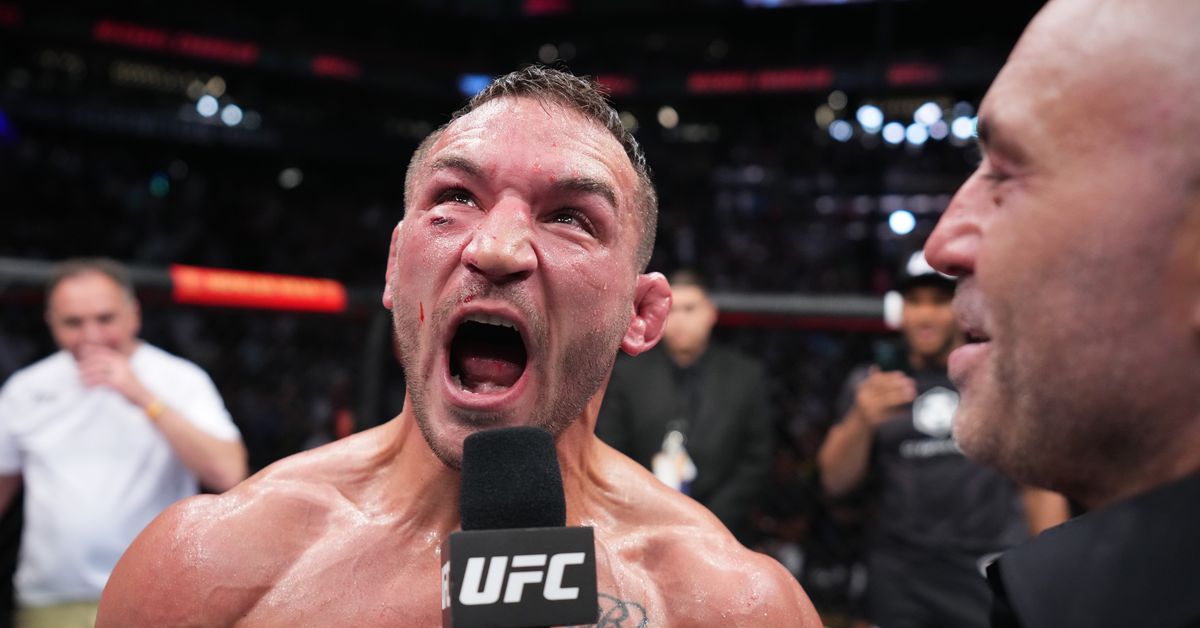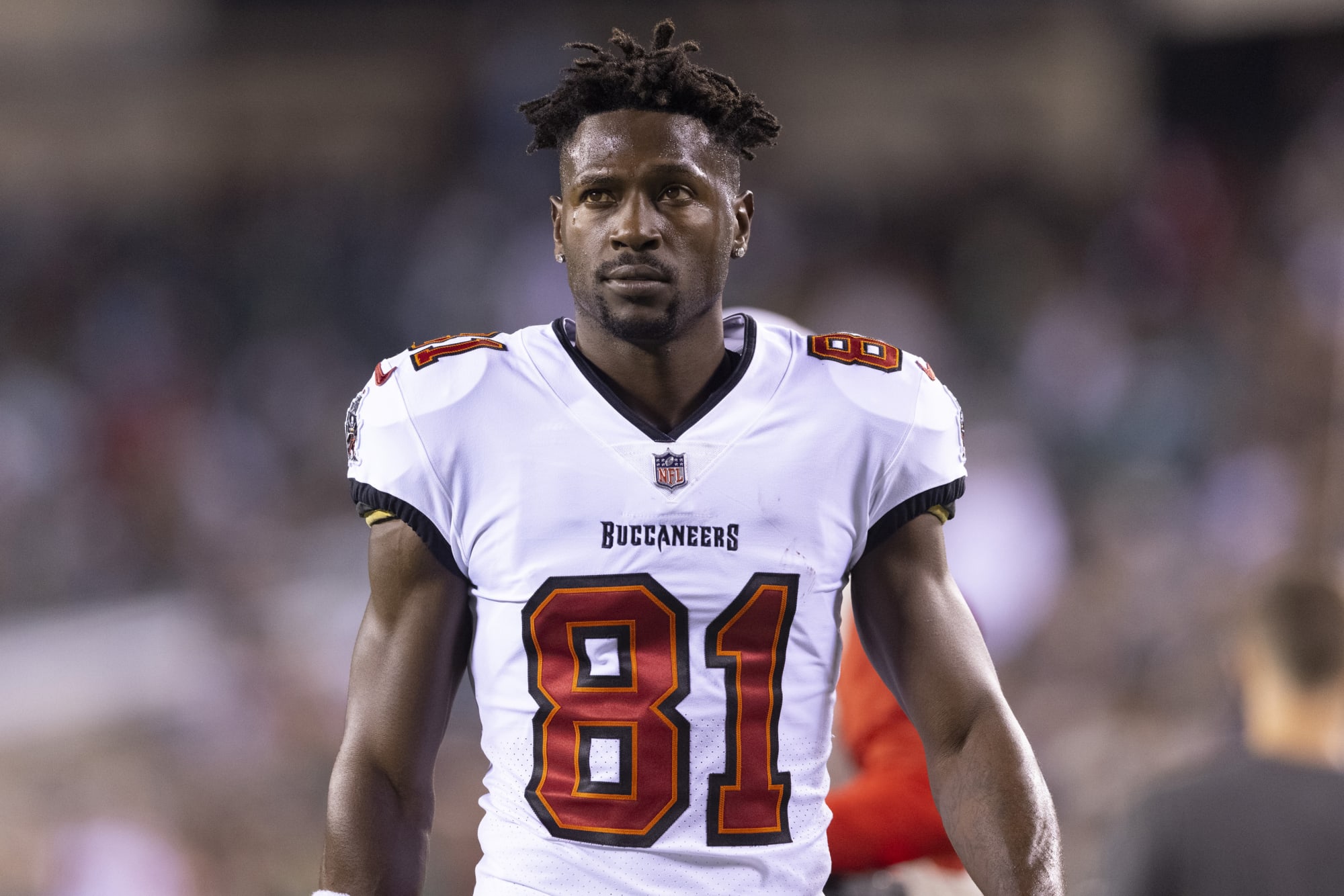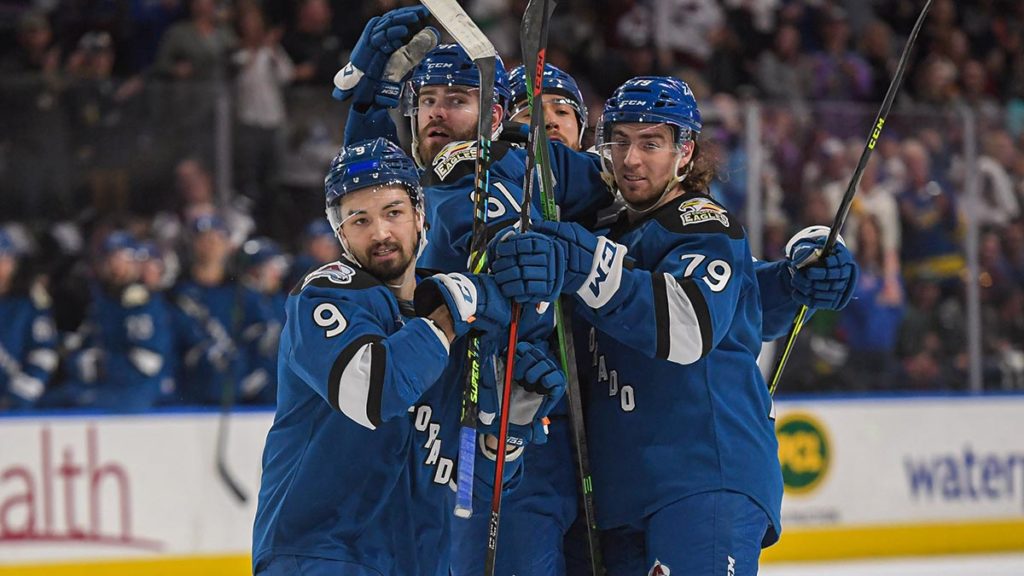THE flyweight division nearly went extinct in Britain during the 1960s. By the end of the decade the British rankings listed John McCluskey as the champion and Tony Barlow, of Manchester, as the number one challenger.
That was it, there was no number two because there were no other active flyweights. This position remained the same for another seven years before Charlie Magri revitalised the division a little. I suspect that many good amateur flyweights did not turn over because of this, with no money to be made as a professional if there was no one to fight.
Mickey Abrams, Maurice O’Sullivan, Martin Lawless, Lee Skevington and Peter Wakefield would all have made excellent pros if they could have had the opportunity. When Barlow turned professional back in 1963 the situation was little better. At the time BN ranked only the top 10 at each weight and for the flyweight division they listed only four contenders. There were a few other little men around, but BN presumably did not think that they were good enough to be rated.
There will be many today who will remember Tony well, for he was an active participant in boxing around Manchester in many capacities after his ring career ended. He was popular as a fighter because of the exciting contests that he took part in, and he was popular as a man because of his willingness to help anybody with anything once he had retired from the ring.
He was a good amateur, a beaten ABA finalist in 1962, who represented his country three times. He was one of only two men who scored a victory over the very strong Russian team in 1962 when Great Britain went down by eight bouts to two. In the programme notes for this international he was described as a hard-hitting, 21-year-old gravedigger. When he turned pro the following year, for manager Stan Skinkiss, he found the going tough, winning only eight of his 12 contests that year.
In 1964 he was unbeaten in six, but he had to fight one of his opponents, Kid Hassan of Nigeria, three times due to the paucity of available men at the weight. The following year he became top challenger, alongside Alex O’Neill, to champion Walter McGowan before being usurped by John McCluskey after a losing eight-rounder in November 1965. McCluskey became Tony’s nemesis, beating him on all four occasions that they met, including two bouts for the British title. In 1967 John beat Tony at the Free Trade Hall, Manchester, to win the title recently vacated by McGowan, who had recently won, and then lost, the world title.
In a terrific fight BN reported that “McCluskey came out sprinting for action in the eighth and before Barlow knew what was happening, he was being bustled around the ring. Breaking off the engagement, McCluskey punched his man on to the ropes and as he came off, he feinted with a left and then landed a short right to the point of the chin. Barlow went down as though poleaxed. His head hit the floor and it was obvious that he could not beat the count.” Typically, Barlow took hold of the microphone after the contest to pay tribute to his opponent.
When the two met again for the title, in 1969, this time at Solihull, Barlow took the fight to the champ right from the off. After some punishment from the Mancunian, McCluskey started to assume control mid-contest and by the 10th, Barlow was unravelling. The referee, Roland Dakin, stopped it in the 13th, with Barlow protesting, but it was obvious that there would only be one winner.
Tony Barlow stepped away from the game after his next contest, a stoppage loss to Orizu Obilaso, to take his place amongst the pantheon of excellent little men produced by his native city. Sadly, Tony died at the relatively young age of 69, back in 2009.





